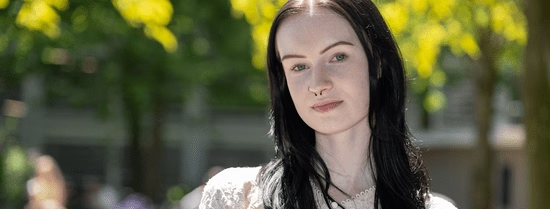What does this study entail?
How are social inequalities produced and maintained? Why are family ties becoming more important in order to be successful in life? How can public policies help to reduce social inequalities? This master programme offers insights into the causes and consequences of social inequality and sheds light on ways in which public policies can reduce it.
At the local, national and global levels, an intense period of social transformation and fragmentation can be observed. We are witnesses to increasing social and political polarisation in our communities and countries while catchphrases such as detraditionalisation, globalisation, neoliberalism and automation involve real transformations of work and family life, of cities and states, and of people’s entitlements and international mobilities. Historic forces, such as colonization, are increasingly entering the public sphere of conversation as we connect the dots to pervasive inequalities today. Migration, whether voluntary or forced, has changed the face and structure of both cities and families whereas new technologies transform both work and urban government. These social transformations have led to growing social inequalities across countries in the world. Within this context, it is vital to gain a better understanding of social inequalities to spur change.
Is this the right programme for you?
In this society studies programme, we want to understand the complex interplay between social structure, family environment and individual behaviour. Therefore, it is important to bridge divisions between disciplines. This provides a detailed understanding of the ways in which social inequality manifests itself across diverse communities and contexts. Both at the national and international level.
Due to the unique interdisciplinary approach, you will learn to answer questions like:
- How do social divisions such as race, ethnicity, class and gender frame our experiences of inequalities the world?
- What has been the impact of the recent economic crisis on individuals' living and working conditions, their family and career choices, and on social inequalities?
- How does the interaction between markets (e.g. availability, quality, and cost of services) and states (e.g. social policies and national laws) shape family experiences and social inequalities?
- What is the impact of changes on the macro-level (e.g. policy changes such as those aiming at higher levels of individual responsibility; parental leave) on individual life courses and outcomes (e.g. employment, health, and socioeconomic status)?
- How can policies and institutions produce, maintain, mitigate, or exacerbate social inequalities?




